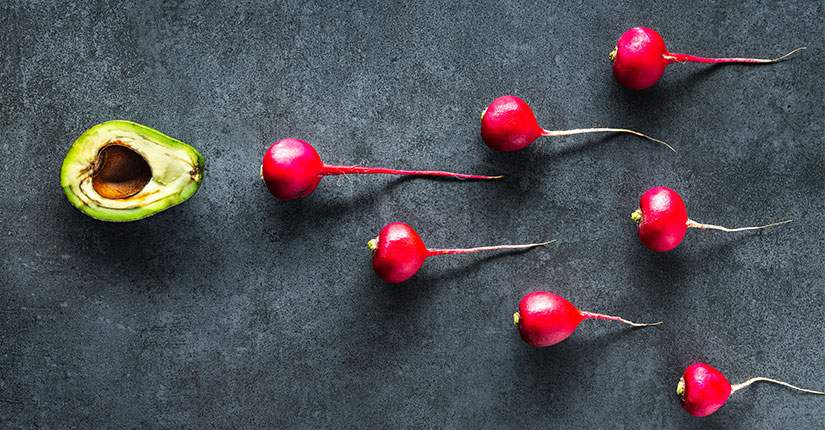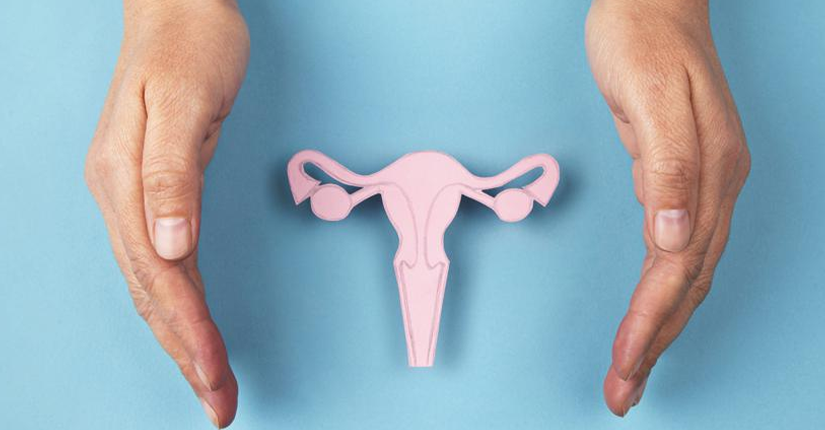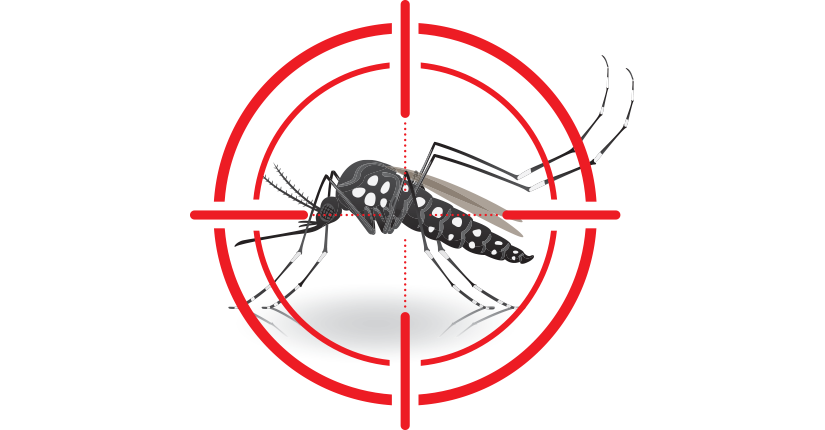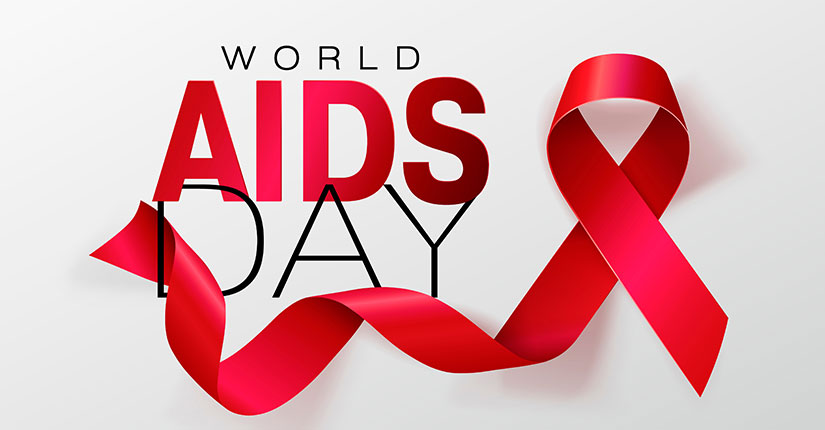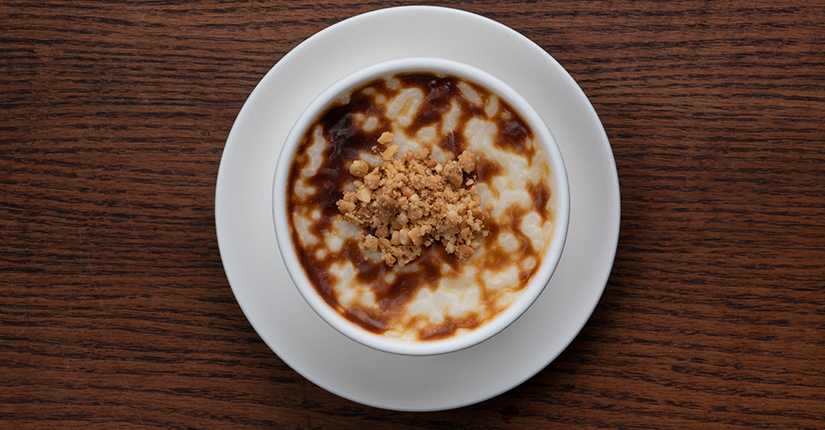Are Blood Clots Normal During Periods? Know It Right
By: Admin Date: 27-Jun 2020 Reading Time: 5 Mins

A lot of women notice blood clots while menstruating and gives a lot of thought about whether it is normal or not! Blood clots look like gelly blobs of clotted blood and can differ in shade from bright to dark red. Some women experience blood clots which are large in size while some notice smaller clots of blood. The reason for the larger blood clots might be some underlying medical condition.
Meaning of blood clots during menstruation
Blood clots are extremely natural during menstruation and are generally not a matter of concern. But sometimes it can be an indication of a health complication. Blood clots normally occur when the flow of your blood is hefty and it is majorly seen in the initial two days of the periods. As per doctors, “menstrual clot helps prevent too much blood from escaping and therefore it is extremely normal to have blood clots during periods.”
The reason behind blood clots
Blood clots happen when the inside layer of uterus produce a hefty amount of blood and when it starts getting clotted in the uterus or vagina. During the heavy days of the period, the formation of the blood clots is quite common and is seen as a natural thing. If your periods last for 4-5 days and create smaller clots of blood then you are perfectly fine and there is nothing to worry about.
There are various causes of blood clots like hormonal changes such as menopause, stress, weight gain or loss, physical changes, uterine obstructions, noncancerous fibroids inside the lining of uterus, miscarriage and many others.
Normal vs abnormal clots of blood
The smaller clots of blood (generally size of a quarter) are quite normal and there is nothing to worry about such clots of blood. Such blood clots during periods are not harmful or dangerous and won’t signify any health complication. However, larger blood clots on a regular basis can be a cause of the medical condition and if you are experiencing this every time and every day during menstruation then you should definitely seek the advice of a health expert.
The normal clots are:
- Generally small in size
- Occur during the initial days of menstruation
- Can differ in colour from bright to dark red
- Abnormal clots occur on a regular basis and are generally big in size and come with a heavy flow.
Is it a sign of complications or not?
Heavy menstrual bleeding can create various complications in the body and it is generally associated with anaemia. Anaemia occurs when there is iron deficiency in the body. The symptoms for this could be:
- Tiredness
- Weakness
- Paleness
- Shortness of breath
- Pain in chest
There could be various treatments for blood clots and a hefty flow of blood and a health expert might also suggest various lifestyle changes in order to cure this problem. Here are some lifestyle changes that you can inculcate in your lifestyle that might help you in this.
- Keep yourself hydrated
- Avoid any aspirin as it can worsen the bleeding
- Incorporate iron-rich foods in your diet
- Indulge in regular physical activities
Footnote
Don’t worry if you notice blood clots that are smaller in size as it is extremely common during menstruation. However, do consult a doctor if you frequently notice blood clots which are bigger in size.
